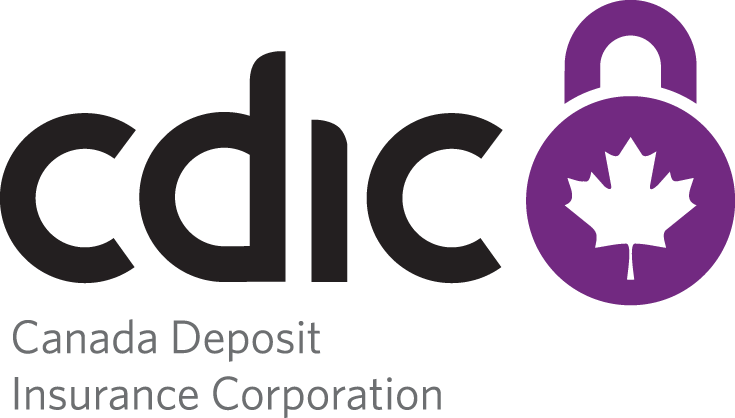Reimbursement of insured deposits
We have a wide-ranging toolkit to handle failing institutions, and one of the most important is reimbursing insured deposits – which means, getting your money, in your hands.
What’s an insured deposit, you ask? Great question, CDIC protects cash and term deposits, like GICs, for up to $100,000 in each of our nine separately insured categories. In other words, our coverage goes beyond the standard chequing and savings account.
So, if your bank goes bust – we’ve got you covered.
Payments are sent by cheque and delivered right to your mailbox.
Your insured deposits in any registered categories will stay tax-sheltered and you’ll choose which financial institution they’re transferred to.
The only thing to keep in mind that with your old bank out of business, no transactions will go through. So, you’ll need to sign up with a new bank and update any automatic withdrawals or deposits to this new account. You can leave the rest to us.
Related links
The reimbursement process varies according to the relationship the depositor has with the failed bank. For more specific information and FAQs:
